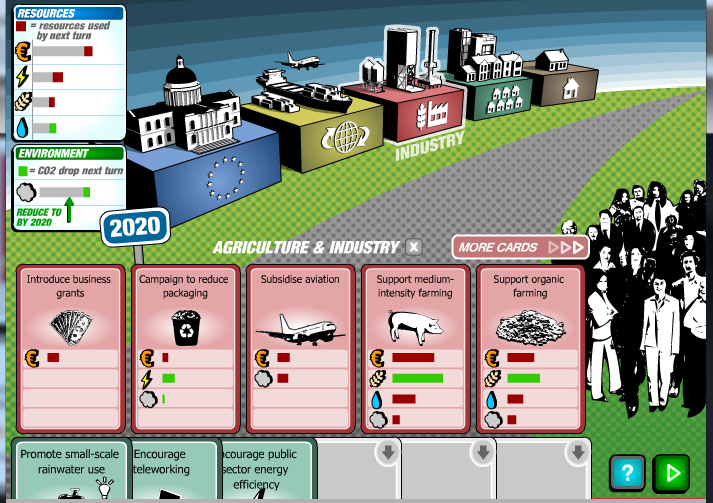Kate Heffernan is interning this summer at NCSE, where she is working with Minda Berbeco on teacher outreach activities. A recent graduate of the University of Florida, her undergraduate studies focused on environmental policy and education.
While some people are fascinated by the fine details of ocean acidification or the inner workings of the evolution of rodents, my geeky point of interest is in environmental policy. There is nothing more interesting and exciting to me than speculating about a new clean water rule from the EPA or reading up on past international environmental agreements in anticipation of the upcoming UN Climate Change Conference in Paris. Perhaps as a result of this interest, as well as my educational background, I am a firm believer in the notion that a full understanding of anthropogenic climate change includes far more than just the science. To truly understand and address the encompassing effects of climate change, scientific knowledge isn’t enough: the social, economic, and political elements must also be understood. Unfortunately, learning about climate change is often exclusive to the science classroom. But there are some fantastic resources available that incorporate the many facets of climate change. Our friends across the big pond at the BBC, in conjunction with Oxford University, have created a spectacular game that gives students the opportunity to navigate the challenges associated with one of these facets, climate change policy. Needless to say, I was completely giddy when introduced to this game.
The game is unsurprisingly called Climate Challenge, and it stays true to its name. It opens in 1990, when you, the player, are named president of the European Union and allocated a limited amount of money, energy, food, and water for the EU to utilize through the duration of the game. You are presented with five different policy areas each round: national, trade, industrial, local, and household. Within each policy area, there are different cards with policy options explained on them. The cards depict which resources would be used and which would be gained if you decide to implement the policy. For example, within the industrial category there is

the option to “support organic farming,” which, according to its card, uses money and water, and releases pollution, but also provides much-needed food. After each turn, you are shown the front page of a newspaper with articles on the policies passed in the last round—as well as your approval rating (these are politicians we’re talking about here!). The game continues like this, jumping ahead ten years each round.
I have to commend the BBC on the realistic nature of the game. If you do not pass environmentally responsible policies, the game creates obstacles in the form of increased natural disasters that pop up between rounds. When I was playing the game today and purposefully chose unsound environmental policies, the EU suffered from heat waves, flooding, and extreme storms as a result of increased emissions. The game even dips into international negotiations, taking you to climate summits and offering you the option to subsidize environmental programs on other continents and to sign on to an international agreement to reduce emissions. When you finish the game, you are presented with three different measurements: your popularity as a leader, the state of the environment, and the state of the economy after your regime. This game provides a realistic platform for students to understand the relationship among human needs, economics, politics, and climate change. There are intimate connections among these four elements, connections that are not commonly taught, let alone demonstrated in an interactive manner. The BBC’s Climate Challenge is a great way for students to explore the many facets of climate change and try their hand at formulating environmentally, economically, and socially responsible policies in an ever-changing world.
